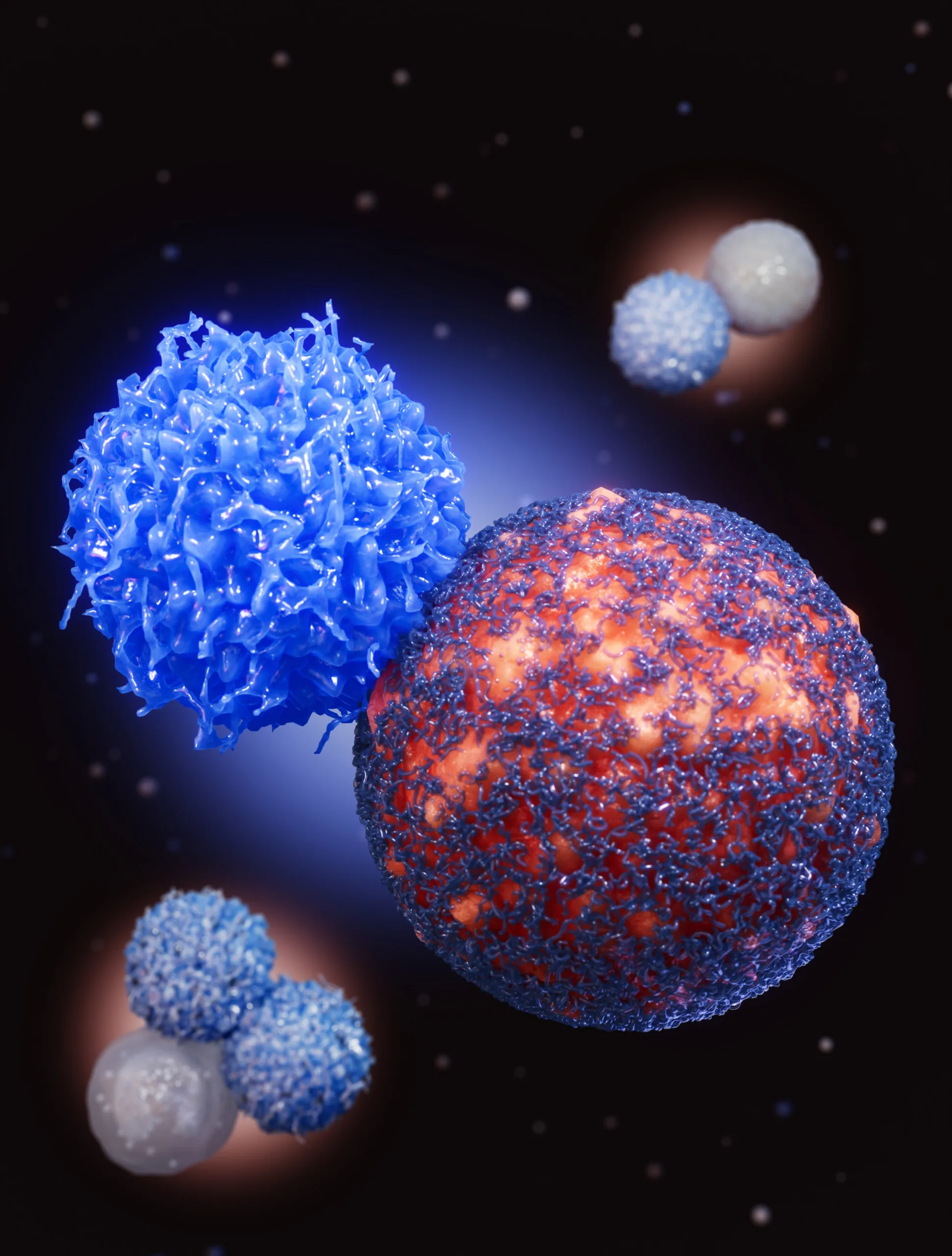Unlocking the Secrets of Cancer Therapy Resistance: A New Hope
A groundbreaking study has shed light on why some individuals with solid tumors fail to respond to immune checkpoint blockade (ICB) therapy, a common form of cancer immunotherapy. The research not only uncovers potential mechanisms behind this resistance but also points toward a novel combination treatment strategy that could significantly improve patient outcomes.
Understanding ICB Therapy and Its Limitations
Immune checkpoint blockade therapy works by unleashing the body’s own immune system to attack cancer cells. However, a significant proportion of patients do not experience the intended benefits. Scientists have been working tirelessly to understand the reasons behind this lack of response.
The Key Discovery: Unveiling the Resistance Mechanisms
- The study identifies specific factors within the tumor microenvironment that hinder the effectiveness of ICB therapy.
- Researchers pinpointed particular molecules and cellular interactions that suppress the immune response, preventing it from effectively targeting the cancer.
A Novel Combination Treatment Approach
Based on their findings, the researchers propose a new combination therapy designed to overcome these resistance mechanisms. This approach involves:
- Using a drug to target and neutralize the factors that suppress the immune system within the tumor.
- Simultaneously administering ICB therapy to activate the immune system’s cancer-fighting abilities.
Potential Benefits for Patients
- This combination therapy has shown promising results in preclinical studies, demonstrating an improved response rate compared to ICB therapy alone.
- The findings suggest that this approach could potentially benefit a wider range of patients with solid tumors, offering new hope for those who are currently resistant to ICB therapy.
Final Overview
This study represents a significant step forward in the fight against cancer. By unraveling the complexities of ICB therapy resistance, researchers have paved the way for more effective and personalized treatment strategies. The novel combination therapy holds great promise for improving outcomes for patients with solid tumors and underscores the importance of continued research in this critical area.




+ There are no comments
Add yours